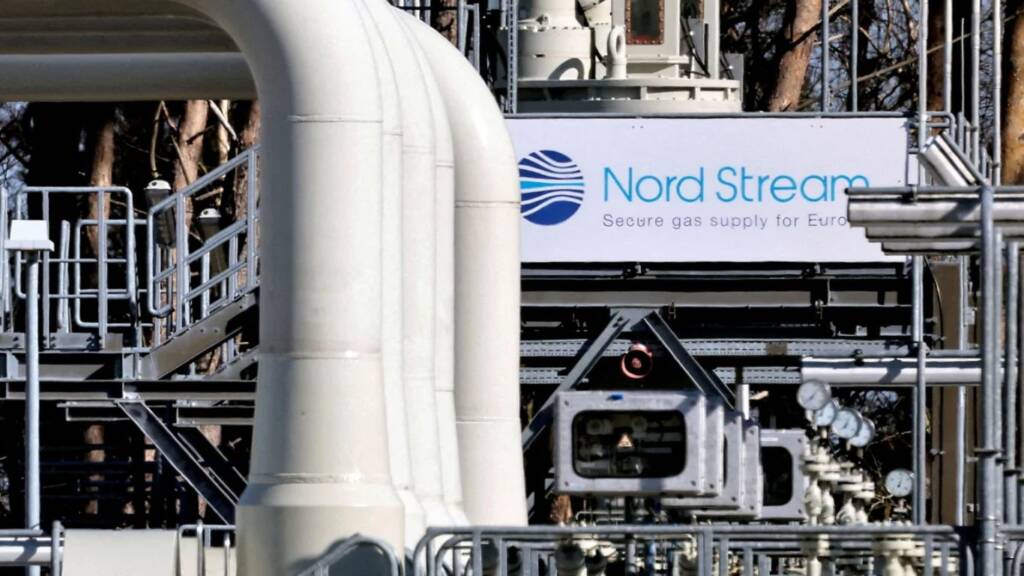On Monday Media reported, Germany’s chemical industry is facing a “severe crisis.” Companies say they badly need cheap Russian gas again. TFI already reported previously this week how the lack of Russian oil is affecting the operativity of the German refineries.
French energy companies Engie and Total also said Russian gas imports might return.
In 2023, Germany’s chemical and pharma industry earned €225.5 billion. It is the country’s third-largest industry after cars and machinery, the European Chemical Industry Council said.
The EU promised to stop using Russian gas by 2027. This decision came after the Ukraine-Russia conflict grew worse three years ago.
The EU planned to switch to more costly liquefied natural gas (LNG) from Qatar and the US.
But talks with Qatar have stopped. The US, under President Trump, moved away from the EU and raised tariffs. Now, the EU worries the US is not a safe gas supplier.
“We are in a severe crisis and can’t wait,” said Christof Guenther, InfraLeuna’s managing director. InfraLeuna is home to Dow Chemical and Shell plants. It is a major chemical site in Germany.
Guenther said the topic is “taboo,” but many industry leaders agree: they need Russian gas back.
Before 2022, Russia supplied 60% of Germany’s gas. Losing this cheap gas made energy costs rise. This caused production cuts and job losses.
“We need Russian gas. We need cheap energy, no matter where it comes from,” said Klaus Paur, managing director at Leuna-Harze, a petrochemical company.
French energy giants Engie and Total also support restarting gas trade with Russia.
“If peace returns to Ukraine, we could buy 60-70 billion cubic meters (bcm) of gas yearly,” said Didier Holleaux, Engie’s vice-president.
Before the Ukraine war, the EU imported 150 bcm of gas from Russia every year. That was 40% of Europe’s gas needs.
After peace, Russia might still supply 20-25% of Europe’s gas, Holleaux said.
Total CEO Patrick Pouyanne agreed. “Europe will not return to 150 bcm, but maybe 70 bcm is possible,” he said.
Russia says it is a reliable gas supplier. The Kremlin said in January, it would be ready to sell gas if Europe wanted it.
Earlier, Russian gas reached Germany and the EU through the Nord Stream pipelines. These pipelines were damaged in 2022 during a sabotage attack.
One line of Nord Stream 2 is still undamaged.
The EU still gets some Russian gas through the TurkStream pipeline via Turkey and the Balkans.
A pipeline to Italy, Slovakia, and Hungary via Ukraine was shut. Ukraine refused to extend a gas transit deal in January and destroyed a gas station on the border.
